We know we can’t stop you… you get to “the developing world” and everyone is driving around on two-wheeled motor vehicles without helmets and it just looks so free and wonderful, and besides, it’s one of the easiest cheapest ways to get around, so it’s going to happen.
But I’ve heard SOOOOOOOO many stories of twenty-somethings losing a limb, or worst, their lives, on the roads while traveling, and there’s actually no reason for it other than lack of good information.
It’s so very easy to get lost in the freedom of it all, everyone tells you it’s ok, and it’s a once-in-a-lifetime experience, plus your parents would HATE that you’re doing it and that makes it so much more fun…. really everyone back at home is never going to believe how cool life is here……..
No, we’re NOT here to tell you it’s a bad idea, and no we’re NOT telling you not to travel to the developing world, in fact, a lot of these tips will apply to you back at home. We just want to make sure that after you’ve zipped around on your moped, you’ll be able to go home and tell your friends and family all about how sick it was.
How big of an issue is this?
Well I could give you some personal anecdotes, and tell you some graphic and juicy stories about accidents I personally saw the clean up efforts to.. but I think you’ve had enough lately with our assault story so I’m just going to stick to the boring facts today:
For example, the CDC Road Safety states on their website that
Each year, 1.3 million people are killed and 20–50 million are injured in motor vehicle crashes worldwide. Most (85%) of these casualties occur in low- or middle-income countries, and 25,000 of the deaths are among tourists. Nearly half of medical evacuations back to the United States are the result of a car crash, and a medical evacuation can cost upward of $100,000.
Ok, just one more from a document called Make Roads Safe published by the FIA Foundation reads that
Road traffic injury risks are well in excess of other risks such as health, violence and injury. In fact, tourist risks of road traffic injuries are appreciably higher than health risks such as epidemics (e.g. AIDS), illnesses (such as malaria and cholera), personal security risks associated with international terrorism, violence and crime, travel injury risks on modes other than road transport modes (e.g. aviation), and other personal injury risks such as drowning.
Also.. most of the people you see with missing limbs…. that’s from moto accidents.
Do we have your attention?
Good, here’s what you do about it:
First and foremost, wear a helmet!!
Yes.
Yes, I’m a hypocrite (sort of) My first 3 months (at least) in the DR I drove my lil’ 70cc honda cub without a helmet… mostly because they’re not very easy to find in Cabarete and I’m lazy… until my grandma gave me money to go buy one and made me promise.
I’m very lucky nothing happened during that time, and I’d love to tell you I wear it ALL THE TIME now, but I can’t lie… sometimes I forget. It’s stupid.
Most of the time it’s on, though. Like 90% of the time, and I’m really trying to get it closer to 100%.
Don’t be afraid of looking like a tourist. Yes, probably only the tourists are wearing them, and you most probably WILL be made fun of by tourists and locals alike… but it’s like smoking, you’re still the smart one by not doing it (or in this case, doing it) and looking cool is nowhere close to as important as not looking…. dead.
Yes, I sound like your mom right now, but there are much more amazing things to do to make you feel careless and free than something that’s statistically guaranteed to turn out badly. (We know, we do a lot of them on a regular basis)
Know the local rules of the road.
And more importantly, which are and are not followed.
The country you’re in might have streetlights, it might have rules against drunk driving, it might say there’s a minimum age for driving…
In the “developing world” breaking the rules is the norm….. often that’s the attraction.
So pay attention. Beyond the obvious like, do people drive on the left or right side of the road, or are you allowed to turn right on red… Do people actually stop at lights? Do people drive drunk? What’s the sign for “cows crossing up ahead”? (here it’s a guy waving a red flag) What hand signals mean stop, go and turn?
Inform yourself as much as possible, as soon as possible, and observe carefully.
And once you’re informed, use them.
Be prepared for the worst.
This is something they taught us all in driver’s ed, but as far as I’ve seen in North America, is rarely used because people are much better at following the rules and people rarely need to.
What do I mean? Here’s a short list, be aware of others:
Expect parked cars to open their doors without looking,
Expect dogs to randomly run out in front of you,
Expect children to follow balls without looking,
Expect cars to pull out without looking,
Expect cars and trucks to pass in blind corners,
Expect cars to stop brutally for no apparent reason,
Expect motorcycles to weave in and out of traffic at full speed and come out of nowhere,
Expect roads to not be lit up AT ALL at night,
Expect people to drive at night with no lights, at all, I’m serious.
If you can imagine it, it can happen.
Basically,
look around at EVERYTHING around you except hotties and billboards.
Look under cars for little feet or paws, look through windshields to see what’s happening ahead,
Slow down and look both ways before crossing all intersections, including ones that give you the right of way.
Do frequent head checks to know what’s happening behind you,
Always have an escape route, like into the empty oncoming lane or shoulder, in case something happens suddenly.
Don’t drive in the middle of the road, but leave yourself plenty of leeway on the right for sudden movements.
Drive only as quickly as you can while still scanning the area around you COMPLETELY, or slower
Look ahead for potholes or changing pavement conditions.
I can’t even begin to explain how short of a list this is. I could write an entire website only on road safety while abroad.
Every country has its own tips and tricks, and that’s part of the beauty of traveling.
Act like you are just learning.
Most tourists who rent (or buy) a moped, scooter, or motorcycle in developing countries have never driven anything other than a car. (if even that)
You DO NOT know what you’re doing.
Pretend this is your first time on the road and you’re getting your learner’s again.
Even if you already know how to handle a two-wheeled vehicle, and I don’t mean a bicycle, these are new conditions you are not used to.
If you don’t constantly feel like you’re completely overwhelmed by how much is going on around you right now, you’re doing it wrong.
Tame the beast between your legs.
No, not that one…
Not only do all countries have their own interpretation of safe driving, every motorcycle drives differently.
Get well acquainted with yours.
How do you start it is important, yes, so is how to change gears if you have them, but I mean a little more complicated.
Take it to its extremes in controlled situations, where there is no traffic, for example:
- Drive it in sand
- Stop suddenly, on a well-paved road at first, from faster and faster speeds, while wearing protective gear.
- Learn to lean into corners
- Test both your front and back breaks to see how they handle
- Down-shift at different speeds to find the right break-to-skid ratio, especially if you don’t know what I’m talking about.
- Drive on wet roads
Take an extreme driving course before you leave home!! They’re expensive, yup, but might be worth it, ya know!
NEVER DRIVE INTOXICATED,
NEVER DRIVE WHILE EMOTIONAL!!! (you can’t see through tears, but mostly you can’t think straight)
With all that in mind, if you feel up to it, happy driving! May the wind in your hair May you enjoy your new found skills wherever you are!
If you don’t feel up to it, you DO NOT need to. You have nothing to prove to anyone, and there is always an alternative to driving your own motorcycle, always.
Keep in mind that there are a LOT more things to think about than what I’ve just listed. We will keep you updated on important lessons as we come across them. There’s one coming up about getting lost in Dakar in the middle of the night on a scooter with no gas.…. .yup, I’m really good at getting myself into silly situations.
Have you witnessed or been involved in an accident while traveling?
Have you learned important lessons about driving in foreign countries?
Please add to this list and help us keep everyone safe from unnecessary traffic accidents.
UPDATE: This article was previously titled “How to Drive a Motorcycle in the Third World, Like a Boss.” WTaB is trying to refrain from using the terms “first,” “second,” and “third” world since that classification is outdated and misrepresentative. We do not usually like the term “developing” any better, for reasons well outlined in an NPR article, however, in this case, since we are specifically talking about road infrastructure, the term was most representatives of the group countries where our readers would find this information useful.
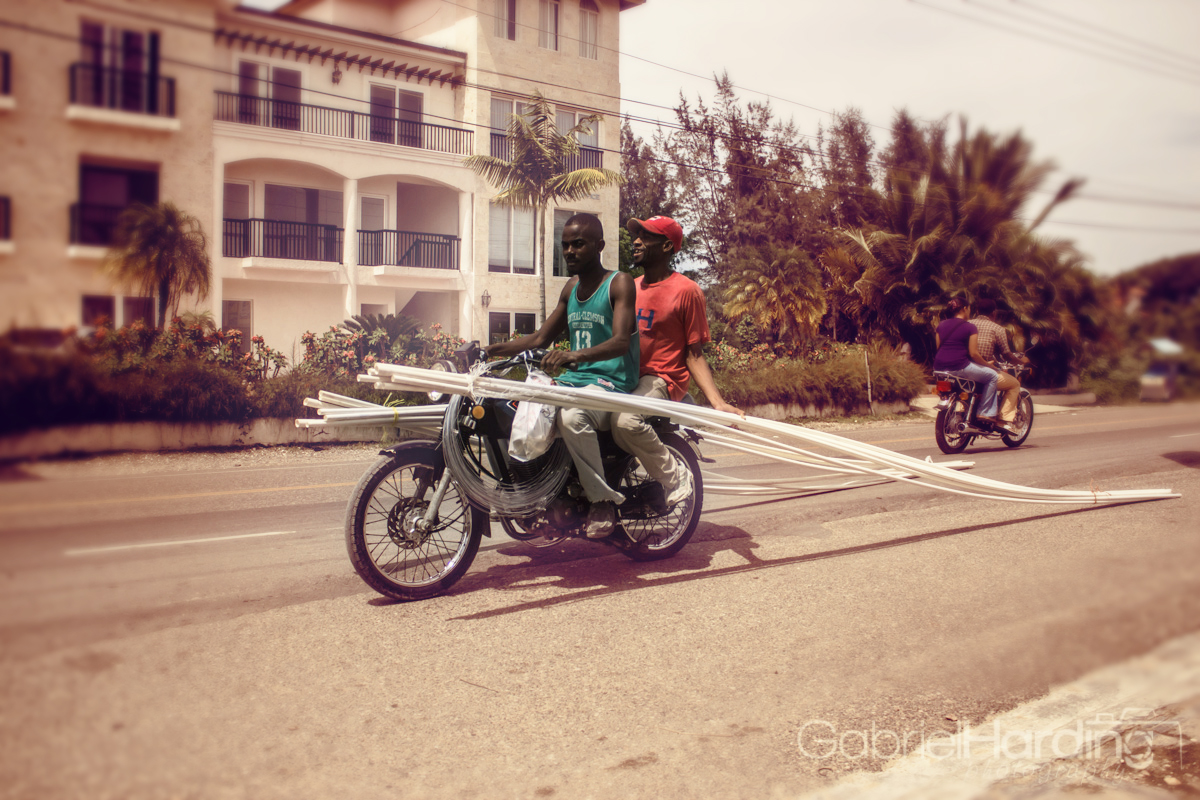
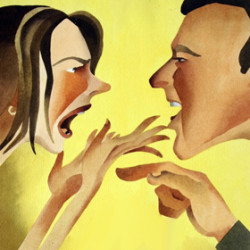
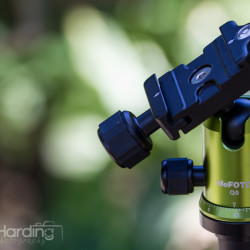
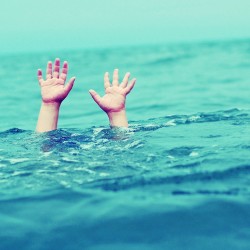


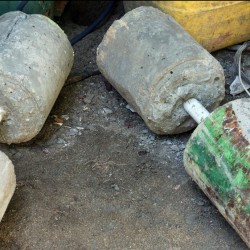



Be prepared for the worst, I would add:
-Xenon hIgh-beams on all the time, blinding you.
-be prepared to break hard and follow trucks that can barely make 15 miles an hour.
-donkeys, mules, cows, horses, abandonned wheelbarrows in the middle of the lane are frequent.
-Work areas are usually not indicated
-Age stones, branches, tires may be there to warn you of a danger
-Missing, presumemably stollen, manhole-covers make great potholes.
-There’s more, much more!
I’ve personally encountered all of those. We’ll have a photo essay coming up as soon as we get a nice collection of images of ridiculous things on Dominican roads.
Thanks for the additions =)
Awesome tips! We bought a scooter when we moved to Thailand, and didn’t take it seriously. Within a week, we’d been in an accident, and I had a massive burn on my leg from brushing it against the engine when I stepped off. We started wearing helmets and being way more cautious after that. We’re definitely lucky that we didn’t injury ourselves too badly, and had the chance to reevaluate our driving.
“If you don’t constantly feel like you’re completely overwhelmed by how much is going on around you right now, you’re doing it wrong.” – so true! This should be the first law of driving a motorcycle in developing countries.
I’m glad you guys are ok!! I’ve got two burns on my calf (with they dub “Dominican Tattoos” here) The first from brushing up against the muffler as you did, the second being too careful and brushing up on the muffler of the bike parked to my left while trying to avoid mine and the one to my right…. pff…
It’s all part of the learning curve!!
Drive safe!
Great tips! My husband is from Jamaica and I’ve spent quite a bit of time helmetless on the back of his motorcycle clutching his waist for dear life. So many of his Jamaican friends and family have been in accidents or have lost their lives due to motorcycle accidents and I often think about how much different things could be if they’d just wear helmets!
Yea, something so simple too. Here we see a lot of locals riding with helmets but hanging off of their handle bars or half way on unbuckled, so pretty much might as well not even have it.
Great advises! I can’t stress enough the importance of wearing a helmet and not driving intoxicated. Personally, I have one motorcycle crash, while intoxicated, not wearing a helmet. Result was over 60 stitches all over my body, 25+ on my head only. Wear your helmets, people! And even though I realize a lot of the tourists enjoy having a few relaxing drinks on the beach, you can’t have both. You either go out riding, or you go out drinking. Don’t wait until you learn these things from experience. Also, you really don’t want to be in the need of a wheelchair in a third world country. They can be hard to get. And you most definitely don’t want to go back to your home country travelling in the cargo area of the plane (if you know what I mean).
OUCH! Glad you’re ok after that man!
Good point on the wheelchair, not only are they hard to get, but NOTHING has wheelchair access!
Totally agree that you should get a good helmet as you don’t know what’s gonna happen in those chaos places. You should sit behind a local on the bike for some rides. It will be useful as you can watch and learn how they deal with crazy traffic
Very true Josh! Riding on the back of a motorocylce is VERY good practice. Also it’s a good test for yourself, if you can’t be comfortable on the back of a bike, you’re not ready to drive one yet. :)
Great informative post